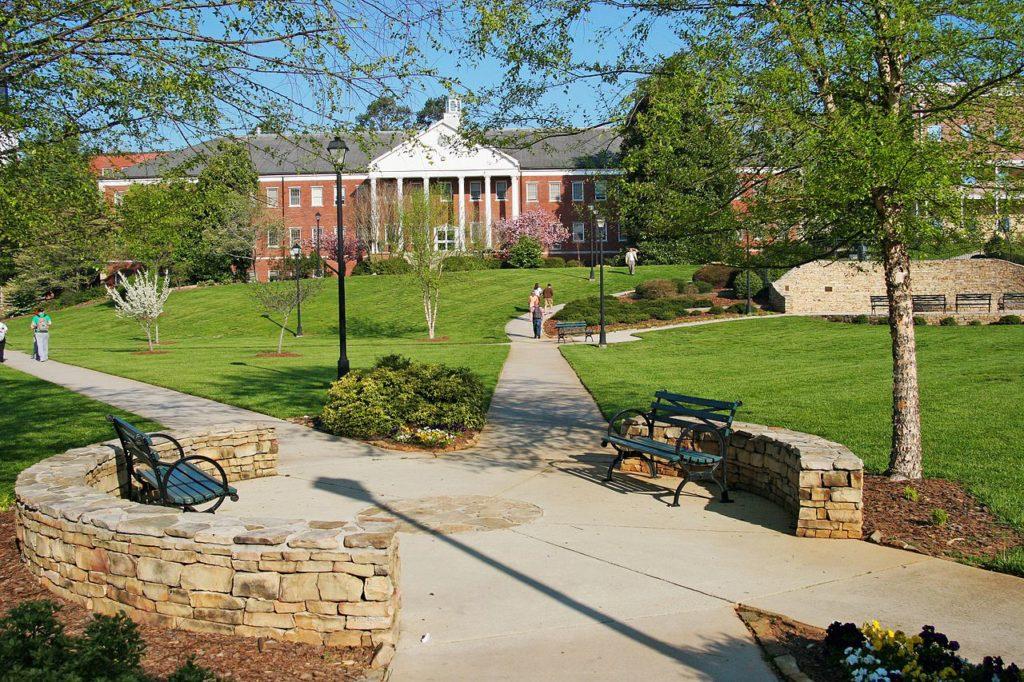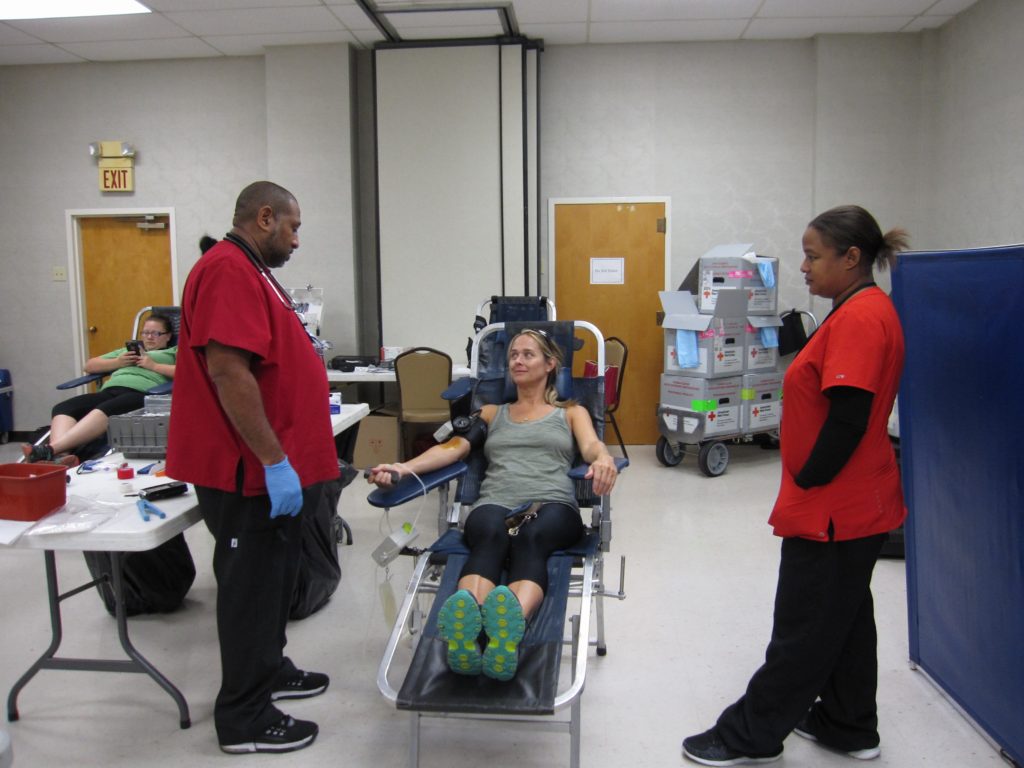BY SAM ELDRIDGE, STAFF WRITER
According to NBC News, a polar vortex is a “great swirling pool of extremely cold air located tens of thousands of feet in the atmosphere.”
These very extreme weather conditions sound like something that would keep you out of school and off the roads, right?
Wrong! Put on your mittens and scarfs, children! You’re braving the cold and going to class.
Many students attending Piedmont had to experience this tragic lack of a snow day the first week of school when the temperature dropped to bone-chilling, single digit degrees and class was still in session.
Although it didn’t actually snow, there was ice on the roads and biting wind that could be classified as dangerous driving conditions.
While the idea of having to learn in this winter horror land does not bode well in the minds of students, what was really interesting is that most Oconee and Clarke County schools were closed and even other college campuses either had early classes cancelled or delayed.
Now why would other institutions of learning that are mere miles away be excused from frostbite, but the Athens and Demorest campuses had to power through?
President James Mellichamp, Vice President of Academic Affairs Perry Rettig, and Vice President for Institutional Resources John Misner are the three men that determine if the appropriate conditions have been met to delay or cancel class.
They also consult with A. Melton Palmer, vice president for Athens, to insure that the Athens campus is fully aware as well.
I spoke with both Rettig and Misner over the phone and they said: “Our main concern is the safety of the students and faculty. We want to make sure that the driving and weather conditions are appropriate for travel to the campus.”
These two gentlemen are authorities on determining if weather is harmful or not to the learning environment or to student’s safety.
Both Rettig and Misner spent several years in the harsh winter conditions of the Midwest.
Rettig, who was an administrator and professor at the University of Wisconsin has had a lot of experience with “identifying whether or not the weather conditions will obstruct the normal schedule or if it is safe enough for students and faculty to commute,” he said.
Misner was once a student attending the University of Wisconsin and a former resident of Pittsburg. He explained that “because of [their] location, [they] could easily see and determine the outcome of the weather. Giving [them] the advantage to take action before any extreme weather conditions reached [them]”.
If the roads are too dangerous, if the weather reaches the point where students cannot function, if it is crucial to their safety to not go to class, the administration will let the school’s population know through many mediums.
Rettig said that, in the event that classes are delayed or cancelled, they will contact students and faculty through means such as “student email, the Piedmont website, the media, and especially through the E2 Campus Alert system notification.”
Rettig made it clear that it is important that all Piedmont students sign up for these E2 Alert notifications that can be found on the website.
The program will automatically send students emails or text messages when there is inclement weather that causes cancelation of classes.





